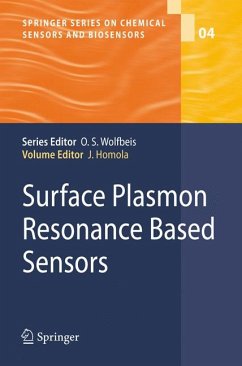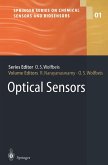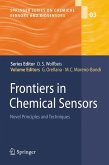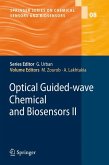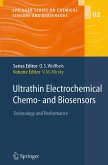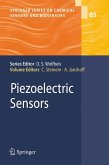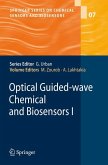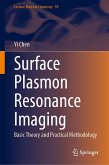Dieser Download kann aus rechtlichen Gründen nur mit Rechnungsadresse in A, B, BG, CY, CZ, D, DK, EW, E, FIN, F, GR, HR, H, IRL, I, LT, L, LR, M, NL, PL, P, R, S, SLO, SK ausgeliefert werden.
"This book provides comprehensive coverage of surface plasmon resonance (SPR) techniques ... . suitable for research scientists in industry or academics that use SPR or want to supplement their knowledge of the field . Important applications include ... cell and molecular biology, biochemistry, biophysics, medicine, and materials science. The theoretical and instrumental sections are ideal for those seeking to develop novel SPR-related methods and techniques." (K. Scott Phillips, Analytical and Bioanalytical Chemistry, Vol. 390, 2008)

